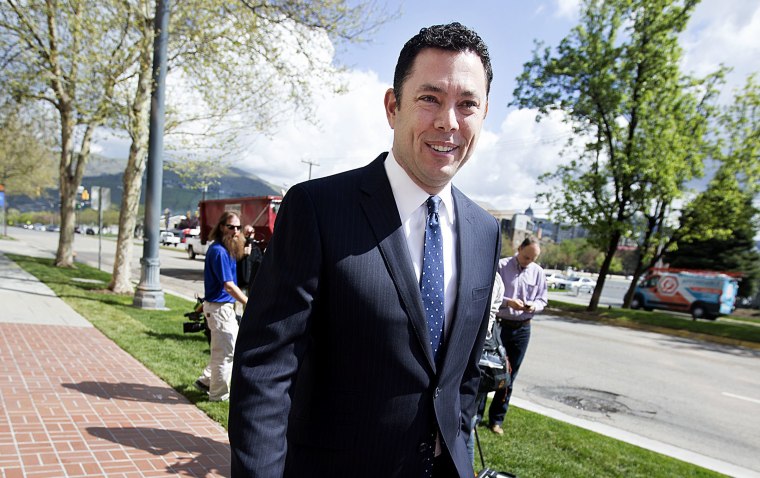It's on.
House Republican leaders announced Wednesday that there will be a vote on their health care bill as early as Thursday, sending the strongest signal yet that leadership has corralled enough votes to pass the measure.
Republicans have been working to piece together a GOP-only coalition of 216 votes ever since their first attempt to repeal much of Obamacare and replace it failed nearly two months ago.
Only 22 Republicans can vote no in order for the bill to pass. Rep. Jason Chaffetz, R-Utah, is coming back to Washington after having foot surgery to provide Republicans with a much needed "yes" vote, an aide told NBC News.
Related: House Republicans Gear Up for Possible Health Care Vote This Week
Thanks to deep GOP divisions, the first iteration of the American Health Care Act, as the bill is called, failed to reach the floor for a vote and a subsequent attempt to revive it died before Congress went into a two-week recess. Two amendments, including the allocation of an extra $8 billion to help people with pre-existing conditions afford increased premiums, were added to the bill to entice both conservatives and moderates.
NBC News has been asking Republicans members where they stand. This is our latest count.
GOP opposition to the first iteration of the American Health Care Act was stronger. At least 34 Republicans said publicly that they were planning to vote against or leaning toward voting "no," according to the NBC News whip count at the time. The amended bill has brought some of these representatives into the fold as supporters.
The amended bill, which makes modifications to coverage of pre-existing conditions, has also turned some representatives off. This is creating a new source of opposition, especially in more moderate areas like the Northeast.



